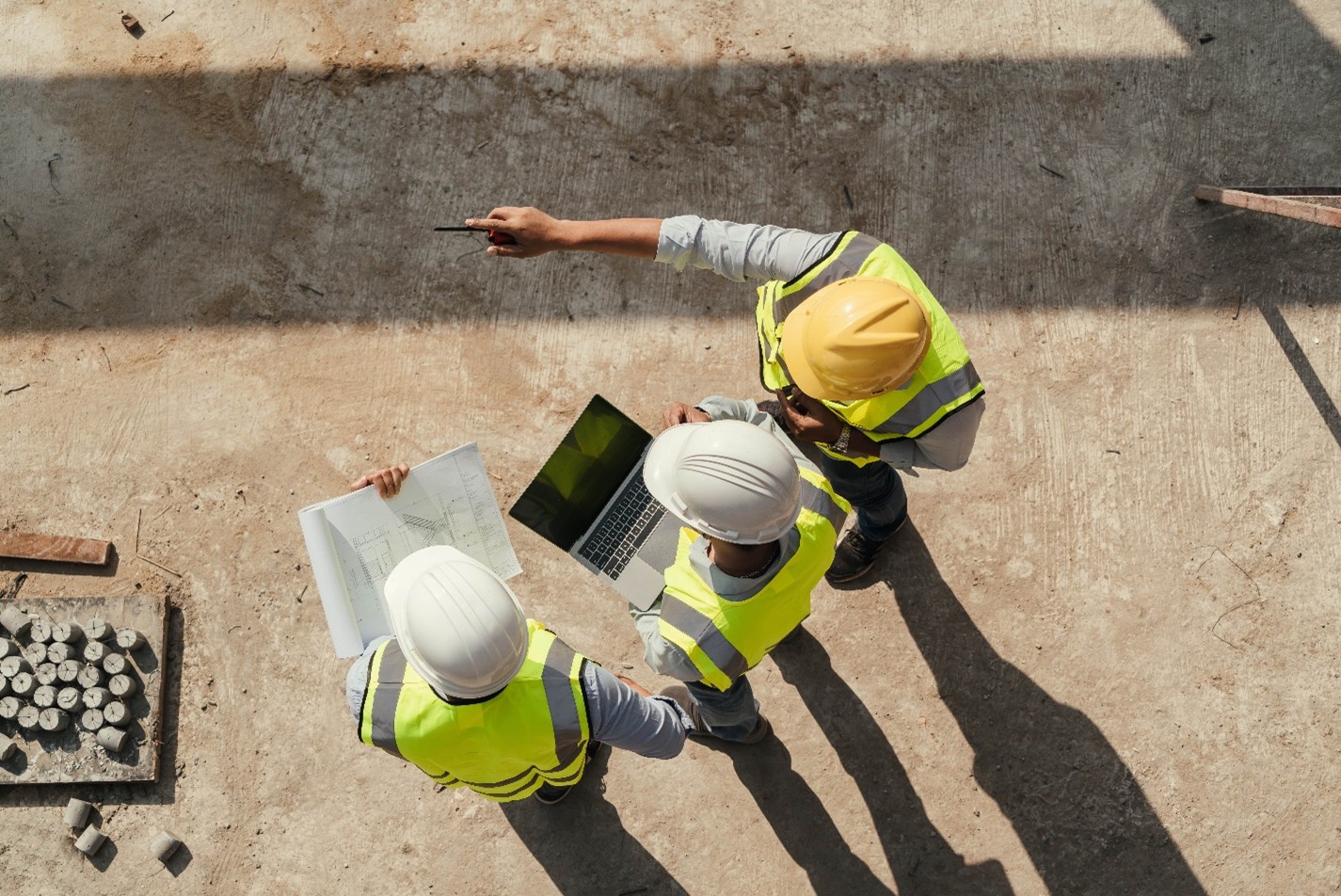
If you were to visit a construction site today, you probably would see two different worlds right in front of your eyes, just coexisting. On one end, there are a bunch of seasoned professionals who have spent decades getting brilliant at what they do. On the other hand, there are younger workers who’re eager to learn but have joined a field that has changed or evolved dramatically - where technology shapes scheduling, regulations grow more complex, and the margin for error narrows each year. The gap between the two groups is not simply generational. It’s a test of how well the industry can transfer skill, discipline, and values from one set of hands to the next.
For Antonio Madureira of AV Builder Corp, that transfer is not optional; it is existential. He believes that businesses that build things don't just build things; they build people. Business could lose more than just productivity if the next generation isn't prepared in terms of technology, ethics, and culture. It's possible to lose the very philosophy that sets good builders apart from short-term managers.
Each and every business talks about training their workers and ensuring that outcome is great, but with the construction industry comes a special requirement. The U.S. Bureau of Labor Statistics has repeatedly noted shortages in skilled trades, from carpenters to electricians. As more people retire, there is still a strong need for multi-family homes, improvements to infrastructure, and rebuilding cities.
This collision of demand and scarcity creates both challenge and opportunity. Companies that put training first aren't just hiring people; they're shaping the future of the business. In this way, training is not just a "nice to have"; it is what makes continuation possible.
As per Antonio Madureira of AV Builder Corp, if you’ve grown a company from 2 employees to now over 120, then you’ve put forward your aim, which is growth. And this only continues to happen when the people in your team grow with you.
Training in construction cannot stop at technical proficiency. Plans, building codes, and safety rules are important, but they're not the only thing that matters. It’s the discipline that stands out. Things like consistently meeting targets, sticking to budgets, and not compromising on standards even when the stakes are high make all the difference.
This is why having a mentor is so crucial. A younger worker may know how to operate a piece of equipment, but do they understand why sequence matters, why communication with subcontractors prevents costly errors, or why attention to detail is non-negotiable? You won't find these lessons in books. They are passed from one official to another in real time, on-site.
Antonio Madureira of AV Builder Corp has often pointed back to his blue-collar roots, where “doing a job right” wasn’t a slogan but a baseline expectation. Training the next generation means embedding that value system so that growth never comes at the expense of quality.
One of the downfalls in construction has historically been the reliance on informal training. It was expected of younger workers to "pick it up" by watching or by making mistakes. Although it worked sometimes, it wasn't some technique that one could really rely on.
Structure is needed in today's world. It's becoming common to have internal training schools, certification programs, and apprenticeships. These paths make things consistent and show new employees that you care about them and aren't just using them.
For Antonio Madureira of AV Builder Corp, this structure also provides accountability. A clear training plan makes sure that everyone knows what is expected of them, that progress can be tracked, and that knowledge transfer is not left up to chance. It makes something official that was once seen as casual, which builds trust for both the company and the worker.
Retention is another benefit of training that isn't always thought of. When there is a lot of competition for jobs, people stay where they see growth. Companies that put money into their employees' growth show that they see long-term opportunities. This keeps employees from leaving and keeps traditional knowledge safe.
This is why Antonio Madureira of AV Builder Corp views training as part of a larger cultural commitment. People don’t stay where they are treated as replaceable. They stay where they are treated as essential, where their growth is tied to the growth of the company itself.
Training also has an effect on other things. When companies promise to improve the skills of their employees, they raise standards for the whole business. Subcontractors, providers, and even clients have to get used to having higher standards. Quality spreads like a virus.
Antonio Madureira of AV Builder Corp knows this well. By embedding training as a central priority, firms don’t just secure their future workforce - they also reinforce the credibility of the industry at large.
Training the next generation of construction professionals is not an act of charity; it is a strategic necessity. Without it, the industry faces skill shortages, declining standards, and unstable growth. With it, companies build not only stronger teams but stronger legacies.
Antonio Madureira of AV Builder Corp shows that growth isn't just about how many jobs are finished or how many people work for a company. It's about making sure that each new group is just as ready, disciplined, and focused on values as the last one. Even though buildings are important in the construction industry, the real heritage is the people who work there - trained, equipped, and ready to take the industry forward.